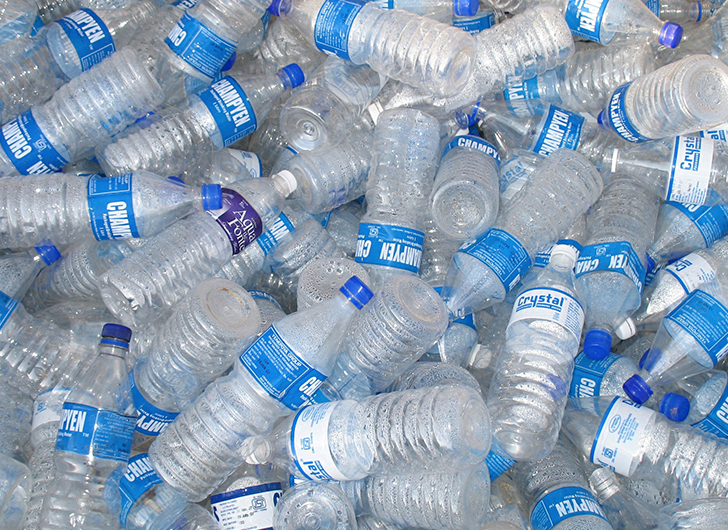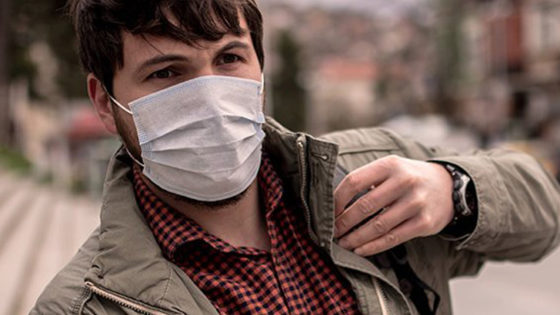HEALTH + FITNESS
New Study Finds Humans Consume 50,000 Microplastic Pieces Each Year
Published
6 years agoon
 Source: Getty Images
Source: Getty Images
An alarming new study carried out by the University of Victoria, in British Columbia, Canada has revealed humans consume around 50,000 pieces of microplastic every year.
The study, which was published in the journal of Environmental Science Technology, also found that people who meet their recommended daily water intake through bottled only water sources may be ingesting an additional 90,000 microplastics annually, compared to 4,000 microplastics for those who consume only tap water.
According to Science Alert, once ingested microplastics could release harmful toxins possibly causing “oxidative stress, or even cancer.”
“We know that humans can ingest or inhale microplastics, there is no doubt anymore about this one,” Anas Ghadouani, an environmental engineer at the University of Western Australia, shared with Science Alert. “The key question, is what happens next? What are the physical impact of particles travelling inside the bloodstream? Where is the next stop? Human brain? Many questions for the scientist to try to answer in a short period of time because this is urgent.”
The study’s authors suggest one way to limit our microplastic consumption is to stop drinking bottled water, however it’s just a small step.
“If the precautionary principle were to be followed, the most effective way to reduce human consumption of microplastics will likely be to reduce the production and use of plastics,” the study notes.
According to Care2.com, we can limit the amount of plastics we use by: *Replacing single-use plastic water bottles with glass, or stainless steel *Stop buying synthetic fiber clothing (they are forms of plastic that enter the waterways whenever we wash our clothes) *Use a hemp, or cotton cloth shopping bag *Ditch the plastic dishes and cutlery *Stop using plastic food storage containers *Replace plastic straws with reusable metal straws *Avoid microbeads in products labeled as ‘exfoliating’ – these are actually just microplastics *Ditch disposable coffee cups – they contain a plastic lining that breaks down as the cups are usedView this post on InstagramA post shared by Starfish Living (@starfishliving) on
More From Lifestylogy
-


Five Pantry Hacks for Winter Beauty
-


Make Your Home Smell Heavenly With This Autumnal Simmer Pot
-


Jillian Michaels Contracted COVID-19 After Letting Her “Guard Down” in…
-


Man Donates 200,000 Miles to Strangers for Holiday Travel
-


Stay Healthy After 50: 15 Important Medical Tests
-


Hygiene Tips for Face Masks
-


Elizabeth Hurley Credits Gardening for Swoon-Worthy Figure
-


Oprah Winfrey Launching A Virtual Wellness Tour
-


Wendy Williams Returns Following Health Hiatus
